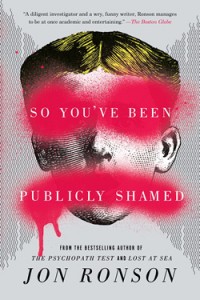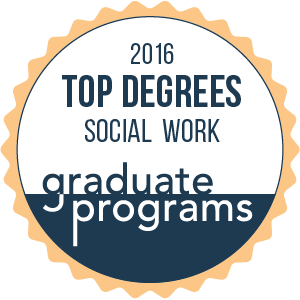![]()
It takes hard work, determination and long hours in the library to master the art of juggling an often capricious schedule amidst the demands of midterms, multi-page papers and final projects. It pays off in the end, as thousands of family members, friends and fellow classmates will cheer as California State University, Northridge’s class of 2016, more than 11,120 strong, walks across the stage at graduation ceremonies beginning May 20.
Some of the graduates are the first in their families to get a college education. Others set out on a path forged by a desire to learn more about the world or through the determination of loved ones who believed that education would open doors to new opportunities.
Here are some of those students’ stories:
Charles Etienne, B.S. in Physics, with an emphasis in Astrophysics
![Charles Etienne]()
Charles Etienne
“I have an astrophysics degree,” said Charles Etienne, 35, of North Hills. “I work as an engineer in industrial design. And I wouldn’t be here if it wasn’t for CSUN.”
Etienne was born in Canada and grew up in New Jersey. He had dreams of being a musician, so after high school he moved to New York City, where he got a job as a sound engineer and played in a band. After six years, the band members moved to Los Angeles because of its thriving music scene and a lower cost of living. They settled in Van Nuys in 2001.
“I would work as a sound engineer during the day, temporary jobs here and there, and play shows at night,” Etienne said. “Wherever I worked, as things broke I would repair them. That sparked a curiosity about the principles behind why things work and why they don’t.”
After he got a job in technical support for the music equipment company Line 6, he started taking classes in 2009 at Pierce College to see if he could find the answers to his questions about how things worked. Eager to learn all he could, he decided to take a class at CSUN the following year.
While on campus, he stumbled upon CSUN’s Society of Automotive Engineers (SAE) Formula One car design project. Learning that the student team needed members, he volunteered.
“There was chemistry on the team and, lo and behold, a couple of months later, I was the project manager,” Etienne said. “That really was an experience. It exposed me to engineering, and I fell in love with math all over again — in the relationships between math and how things work in the world.”
He enrolled at CSUN that year as a physics major. Inspired by his time with the Formula One team, Etienne decided in his sophomore year to look for a similar experience in CSUN’s physics department.
“I was willing to sweep the floors somewhere — perhaps someone needed help cleaning up,” he said. “I knew how to solder, and I thought that might be of use. Dr. [Hendrick] Postma was ‘Welcome. Come in. You can help out.’”
In his spare time, Etienne would wander around CSUN, hoping to learn as much as he could about the “interesting things that were happening all over campus.”
“I would go into buildings,” he said. “If the door was locked, I wouldn’t go in. But if the door was open, I would go in and talk to whoever was there. I think I have been to part of every building on campus, and I have had interesting interactions with other students and professors. I felt there was a willingness and openness in the people in the different departments to say ‘This is what we’re working on.’ Those, for me, are the moments that I remember, that I treasure, from being at CSUN.”
In spring 2015, in the third week before the end of his last semester, Etienne, who had just landed a full-time job as a mechanical designer at the music technology company Strymon, was diagnosed with testicular cancer. His professors suspended his studies while he sought treatment. Etienne had surgery and is now cancer free. A few months after taking a health leave from CSUN, Etienne returned to the campus, finished his assignments and completed the requirements for his bachelor’s degree in physics, with an emphasis in astrophysics.
Etienne has been invited to take part in the commencement ceremony for the College of Science and Mathematics at 6 p.m. on Sunday, May 22.
“There is a tremendous sense of accomplishment, satisfaction and pride when I’m around the Valley or wherever, and I see a Matador sticker or a CSUN T-shirt, I think ‘Yep, me too,’” Etienne said.
He will be touring this summer with his band, The Alpine Camp.
Tamus Glunz, B.S. in Business Administration, with an emphasis in Real Estate and a minor in Business Law
![Tamus Glunz]()
Tamus Glunz
Tamus Glunz’s world imploded in 2009, during the worst of the recession. She lost her home and investment properties, and was left homeless.
“Life changed dramatically,” she said. “It was a matter of reinventing myself. I’ve been as low as the darkest of the dark, and I’ve been back in the sunshine. I’ve learned in my 50s that it’s not about ‘you,’ and you can’t accomplish it all on your own. You have to surround yourself with positive people and move forward.”
Glunz said she found those positive people at Allan Hancock College in Santa Maria and at CSUN.
The 58-year-old Northridge resident spent much of her childhood in Europe, living in Germany, Spain and Majorca and traveling. Her father was a pilot and her mother a stewardess for Pan American World Airways. The family moved back to the United States when Glunz was in fourth grade and settled on a ranch in Madera, Calif.
Glunz’s longtime passion for photography turned into photojournalism in high school and college, which led to a job as a concert photographer. Her first black-and-white images were for the musical group KC and the Sunshine Band. Over the years, Glunz has held a number of jobs, including postal worker.
All that time, she flirted with the idea of returning to college to finish her degree, but never felt comfortable in the classroom. But as the physical demands of her postal worker job began to take a toll on her mobility and issues concerning her investment properties came up, Glunz decided to give college another try.
In 2006, Glunz enrolled at Hancock College — her sixth attempt at completing her college degree — before transferring to CSUN in 2013. It was during her time a community college in Santa Barbara in the 1980s that an attentive professor realized that Glunz had a learning disability and made accommodations. When her world imploded during the recession, Gluntz was determined not to give up.
Despite being homeless — sometimes living on friends’ couches, housesitting or helping those in need of in-home healthcare assistance, or occasionally living out of her car — Glunz dedicated herself to her education. She said she owes her bachelor’s degree in part to the staff at Hancock College and CSUN’s Educational Opportunity Programs (EOP)and Disability Resources and Educational Services, who helped her when she needed it most with words of encouragement, guidance or accommodations for her disabilities.
Singling out CSUN TRIO Director Frank Muñiz and late EOP Director Jose Luis Vargas, Glunz teared up. “I am so lucky,” she said. “I am a lucky girl to have found such amazing people.”
In 201 4, realizing that there were other students like her — homeless or unsure where their next meal would come from — Glunz started what is now the Matador Food Bank, with the help of Justin Weiss, former director of CSUN’s student volunteer service program Unified We Serve. The food bank fed more than 300 students this past year. Glunz has met with CSUN and California State University system leaders about food insecurity and homelessness among CSU students.
At 8 a.m. on Sunday, May 22, Glunz will take part in the commencement ceremony for the David Nazarian College of Business and Economics. As for what comes next, Glunz said she is going to take a minute to breathe and take care of some long overdue health issues.
“I have a lot of opportunities, an abundance of opportunities, and I need a minute to think,” she said. “It’s been a decade-long journey, but we made it.”
Nazanin Keynejad, M.A. in English
![Nazanin Keynejad]()
Nazanin Keynejad
Nearly 23 years have passed since the first time Nazanin Keynejad stepped onto the CSUN campus. At that time, she was here to get a degree, and nothing else. Her employer at the time had promised her a promotion if she had a college degree. She applied to CSUN to finish a bachelor’s degree in English, which she had started a few years earlier at UCLA.
“I was here during the [1994 Northridge] earthquake,” said Keynejad, of Oak Park. “I went to classes in the trailers. It was a very wet winter that year. They had these wooden planks between the trailers and the mud. People would walk outside on the planks, the trailers would shake and literally, spiders would fall on you. It was a very interesting experience.”
Keynejad, who immigrated from Iran as a teenager with her mother, said she finished her degree and she was able to take advantage of the job promotion. She eventually got married, had a son and started her own event marketing company. Then the recession hit in 2008, and work became scarce.
One day, while cleaning, she found a journal dating back to 1989 in which she had written her dreams of getting a master’s and doctorate in English.
“I talked to my husband,” Keynejad said. “He said, ‘You’ve been thinking about this for 20 years. You don’t have a steady job right now. Maybe it’s time to do it.’ It was the spring of 2012. I just opened up the [CSUN] catalog. Unbeknownst to me, I signed up for one of the toughest undergrad classes with one of the toughest professors in the department. I took the class and loved every minute.”
Keynejad hadn’t given much thought to her grades when she first attended CSUN, and she had to make up for that. She spent a year taking classes through the Tseng College’s Open University program to spruce up her academic credentials before formally applying to the Department of English’s graduate program.
She said CSUN’s English faculty have fueled her passion for English literature and encouraged her interest in studying the rise and progression of the strong female literary characters in the 18th century. Her efforts earned her the CSU’s prestigious 2015-16 Sally Casanova Pre-Doctoral scholarship. The scholarship is designed to give historically underrepresented students more access to doctoral-level study. It places a special emphasis on increasing the number of CSU students who enter a doctoral program at a University of California institution.
In addition to her studies, Keynejad is the graduate student representative on CSUN’s Community Engagement Advisory Board and a graduate assistant in CSUN’s Learning Resource Center.
“What I want to do is get my Ph.D., come back and teach here at CSUN,” she said. “I love CSUN. As a good friend of mine once said, ‘CSUN is the school of second chances.’
“I have had the opportunity during the past couple of years to be a supplemental instructor in freshman composition,” she continued. “I am so humbled by these students. I had students who would take the bus at five in the morning to make it to class. Some are the first people in their families to go to college. If I can help just one of those students get to where they want to be, that would be the only reward I would need in my life.”
Keynejad is scheduled to take part in the commencement ceremony for the College of Humanties at 6 p.m. on Monday, May 23.
Laura Ontiveros, B.S. in Public Health
![Laura Ontiveros]()
Laura Ontiveros
When Laura Ontiveros walks across the stage in front of the Oviatt Library later this month as part of commencement, the loudest cheers will be coming from her parents, Jose and Hermalinda Ontiveros. They made the decision more than 26 years ago to immigrate to the United States from Mexico, in hopes of creating a better life for their children.
Laura Ontiveros, the fourth of their five children and the first in the family to be born in the U.S., watched as her parents, who spoke limited English, struggled to make ends meet. She knew education was important, but it was the unwavering support of a counselor at Arleta High School that convinced her that college was possible.
Ontiveros, 25, of Pacoima, was the first in her family to go to college. Her sister, Yesenia, who will be finishing her degree in psychology this summer, is the second to get a college education.
An honors student in high school, Laura Ontiveros chose biology as her major freshman year at CSUN because she thought a career in healthcare would be interesting. She admitted to struggling that first year to find her foothold at the university, and being disappointed when she discovered biology just wasn’t her forte.
During her sophomore year, Ontiveros joined a sorority, Sigma Alpha Zeta, to become more involved on campus and find a way to give back to the community. The sorority is involved in several community projects, from working with survivors of domestic violence to feeding and clothing the homeless and helping organize the campus’ annual Relay For Life, which raises money for cancer research.
Aware that Ontiveros was looking for a new major, one of her sorority sisters suggested she explore public health.
“I ended up taking a class with professor Carla Valdez, and that first day of class, I knew it,” Ontiveros said. “She showed us the big picture of what it means to be a public health educator and I was like, ‘This is it!’ I remember, that same day I went back to my sorority sister and told her, ‘I found what I want to do for the rest of my life.’”
Ontiveros said she treasured her time at CSUN and the lessons, beyond the classroom, that it taught her.
“Sometimes, as a Latina woman, you don’t know how far you can go. You don’t know your worth,” she said. “Coming to college gave me a sense of who I am and how powerful I can be, and what I can do in the world. It gave me confidence in myself — that I am smart. I have reached goals that I never thought I could reach back in middle school. I never knew I’d graduate from college.”
Ontiveros will take part in the commencement ceremony for the College of Health and Human Development scheduled for 8 a.m. on Monday, May 23. She said she hopes to find a job as a public health educator after graduation, but eventually wants to return to CSUN to get a graduate degree in public health.
David Stamps, M.A. in Mass Communication
![David Stamps]()
David Stamps
David Stamps, 35, of Simi Valley, is passionate about taking his thesis, the We Matter Project, to the next level when he graduates from CSUN later this month.
“It’s about how we use social media to change the narrative,” Stamps said. “I grew up in Ferguson, [Mo.]. That’s my community. But everyone is telling a story, and each one paints a different picture. I am Mike Brown. I am a black male from Ferguson, Missouri. Everything else that is created is painted and told by someone else outside of my control.
“People don’t understand that you don’t have to fit into a box just because someone has created a box for you,” he continued. “We have to be equipped to understand that no one can tell our story but ourselves.”
Stamps’ parents were hard-working people who never had been to college, but were determined that their son have opportunities they never had. He was voluntarily bused to a predominantly white school district so he could have the best public-school education possible. In his junior year of high school, a college counselor pulled him aside and told him she was going to do everything she could to help him get into college.
“I had never thought of going to college before,” he said. “It never seemed like an option.”
In 1999, he enrolled at St. Louis University to study communications and theater. Two years later, he transferred to Columbia College Chicago, where, in 2003, he earned his bachelor’s degree, with honors, in media studies with an emphasis in nonprofit administration.
After graduation, he moved to Los Angeles not exactly sure what he was going to do, but eager to spread his wings.
His love of dance led to teaching jobs and unexpected offers to dance and act professionally. He often would tap into his academic experience to help the small theater and dance companies with which he worked to write their grant applications.
One day, a student in one of his dance classes who worked at NBCUniversal mentioned he was looking for an assistant. Stamps gave him his resume and was hired. He worked for NBCUniversal’s marketing department for about six years, handling talent and arranging media events for more than than 80 films, from “Despicable Me” to the “Fast and Furious” and “Bourne” franchises. He also managed the internship program, which included working with CSUN students.
When Stamps married in 2010, he and his wife talked about starting a family. They knew the long hours his job demanded weren’t conducive to family life.
“I loved my job,” he said. “I knew that I was really good at it, but I realized that I loved working with college students more. I thought I could be a good teacher. In order to do that, I would have to go back to school and earn not only my master’s degree, but also my doctorate if I wanted to become a tenure-track professor.”
Shortly after the birth of his first child in 2012, Stamps quit his job and enrolled at CSUN. He became a stay-at-home dad who juggled three part-time jobs — as a dance instructor, a graduate assistant in CSUN’s Department of Management and a fitness instructor at the Student Recreation Center — and a full course load. He said his wife, Monique, an elementary school teacher, has been his biggest supporter. She offered him words of support when times got tough and has been steadfast in her faith that he will succeed.
Now a father of two, Stamps will take part of the commencement ceremony for the Mike Curb College of Arts, Media, and Communication at 6 p.m. on Friday, May 20. He will be pursuing his doctorate in communication studies at UC Santa Barbara in the fall.
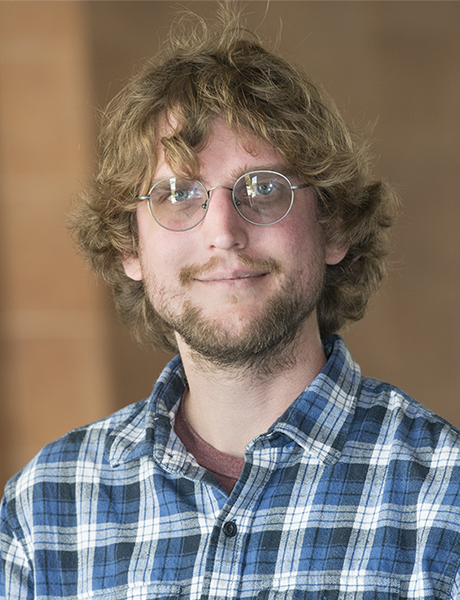




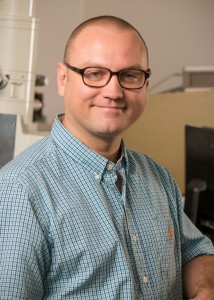
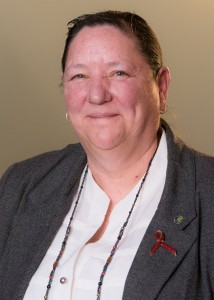
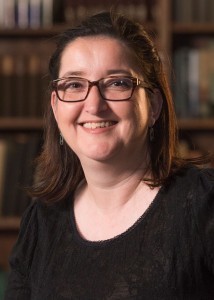
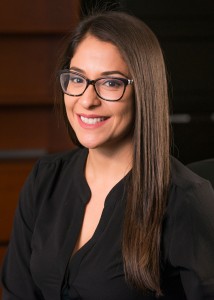
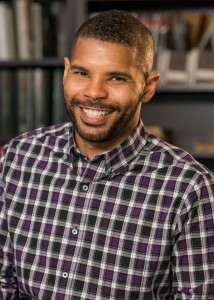

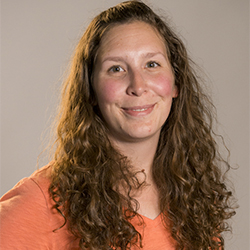
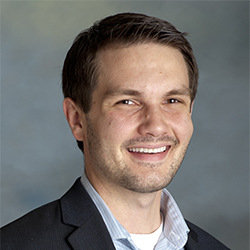
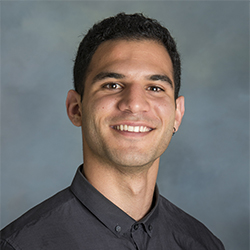
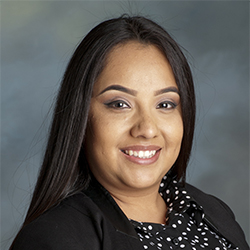
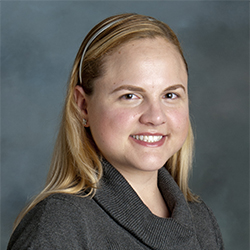
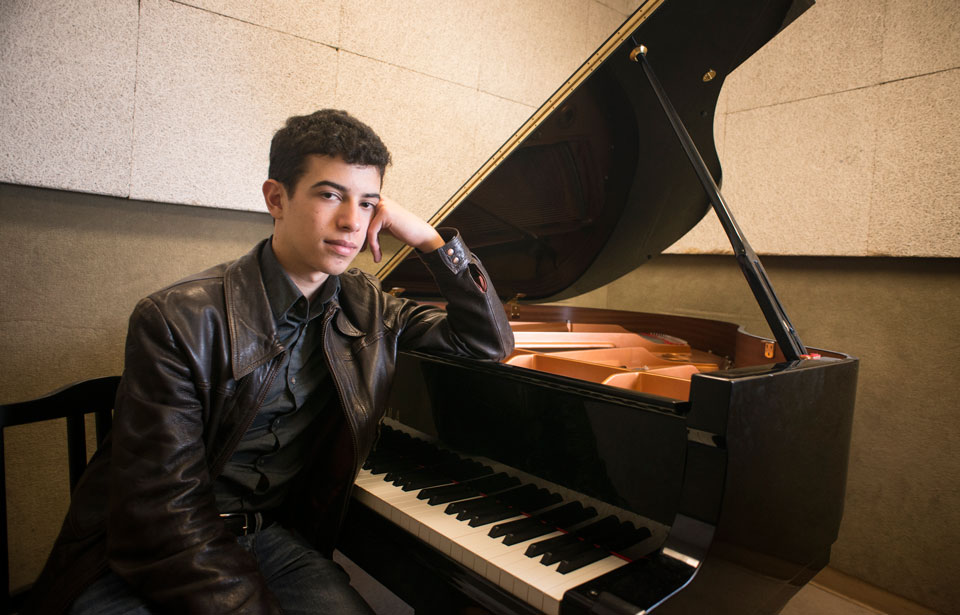
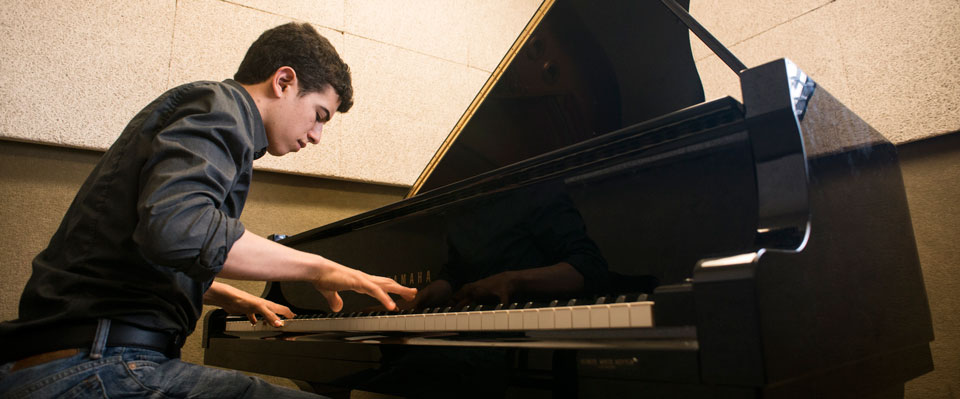


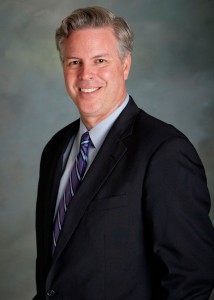
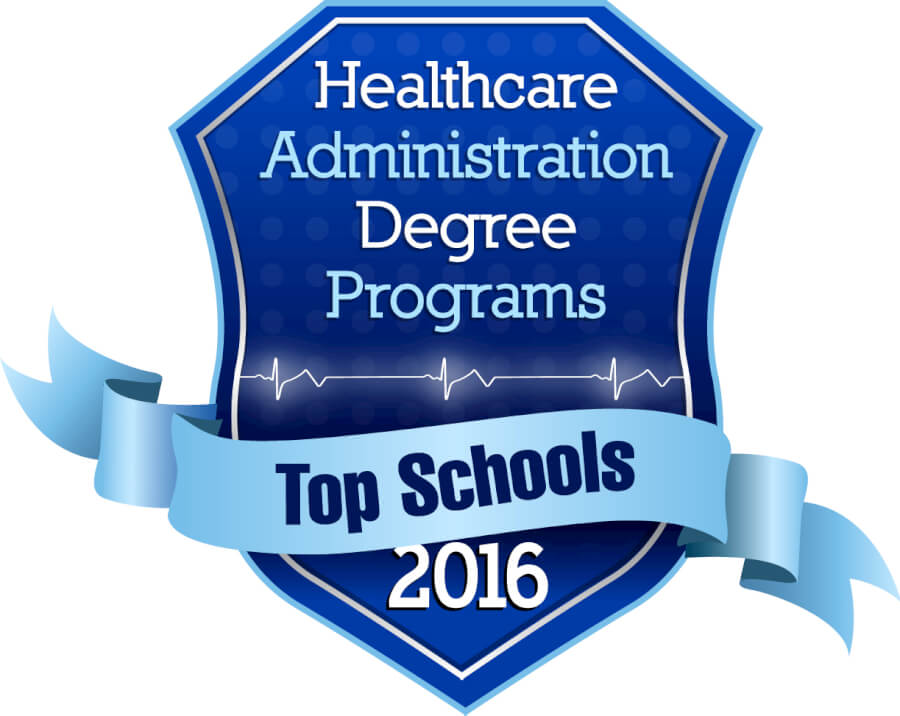
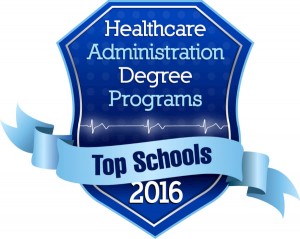

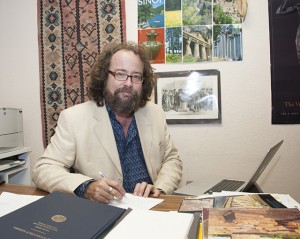






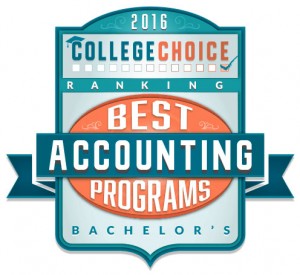 College Choice used data from
College Choice used data from 
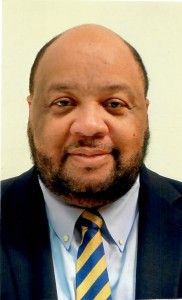

 Better Together: California Teachers Summit is taking place at 38 locations across the state to provide teachers an opportunity to share ideas, join a teacher network and learn effective strategies for implementing new California standards in their classrooms. The gathering is scheduled to take place from 8 a.m. to 3 p.m. The CSUN meeting will occur at the Valley Performing Arts Center, located at the southern end of the campus at 18111 Nordhoff St. in Northridge.
Better Together: California Teachers Summit is taking place at 38 locations across the state to provide teachers an opportunity to share ideas, join a teacher network and learn effective strategies for implementing new California standards in their classrooms. The gathering is scheduled to take place from 8 a.m. to 3 p.m. The CSUN meeting will occur at the Valley Performing Arts Center, located at the southern end of the campus at 18111 Nordhoff St. in Northridge.
